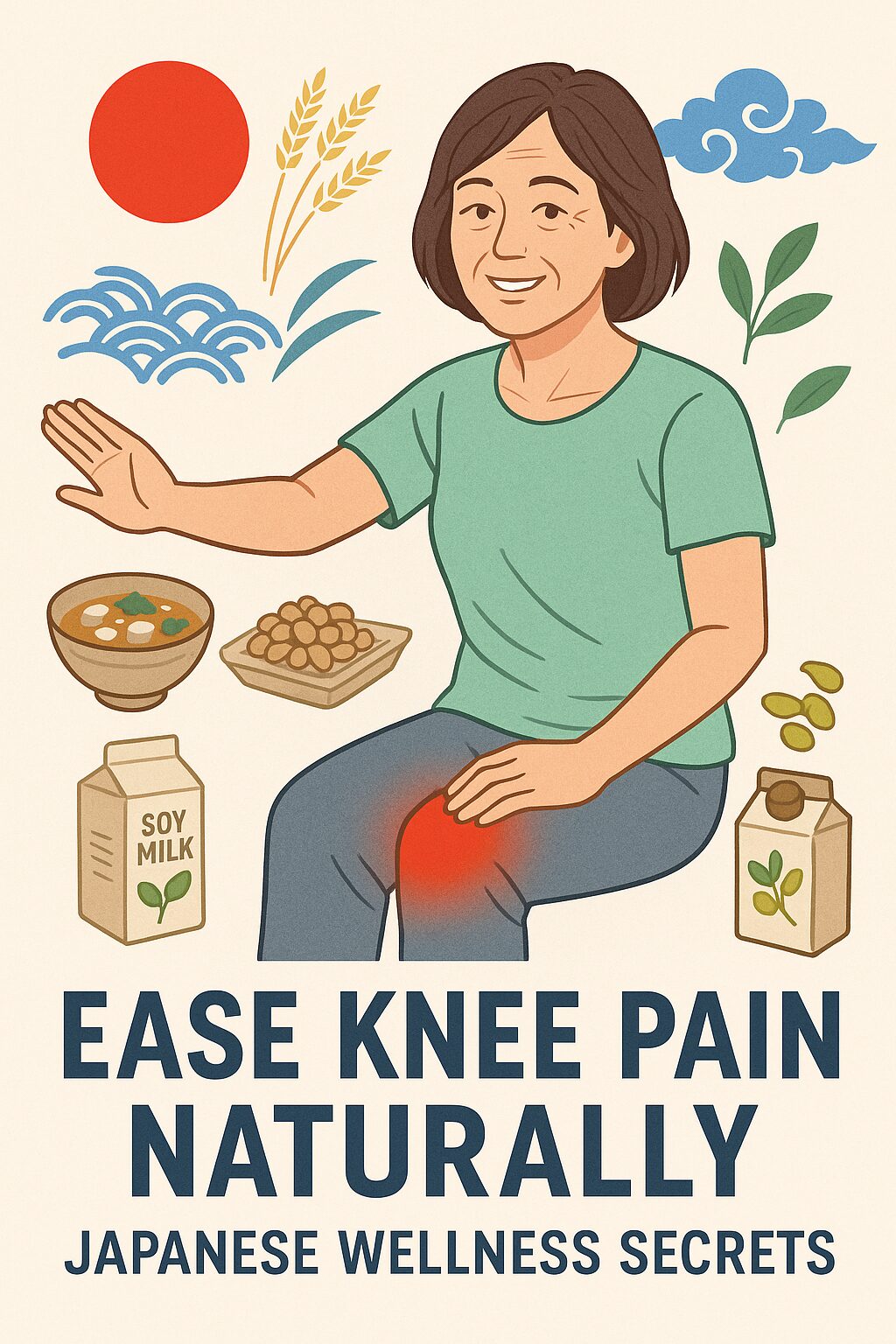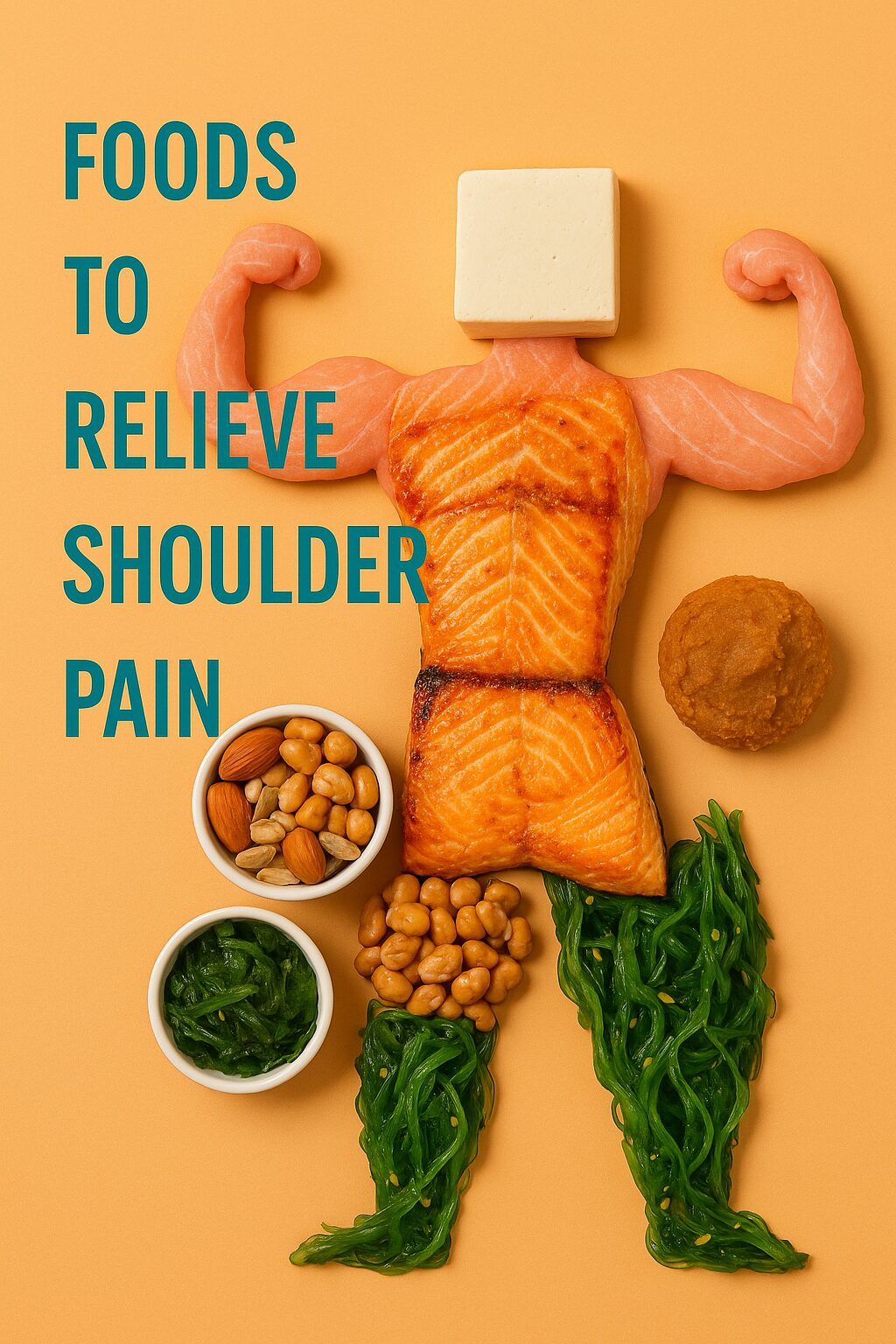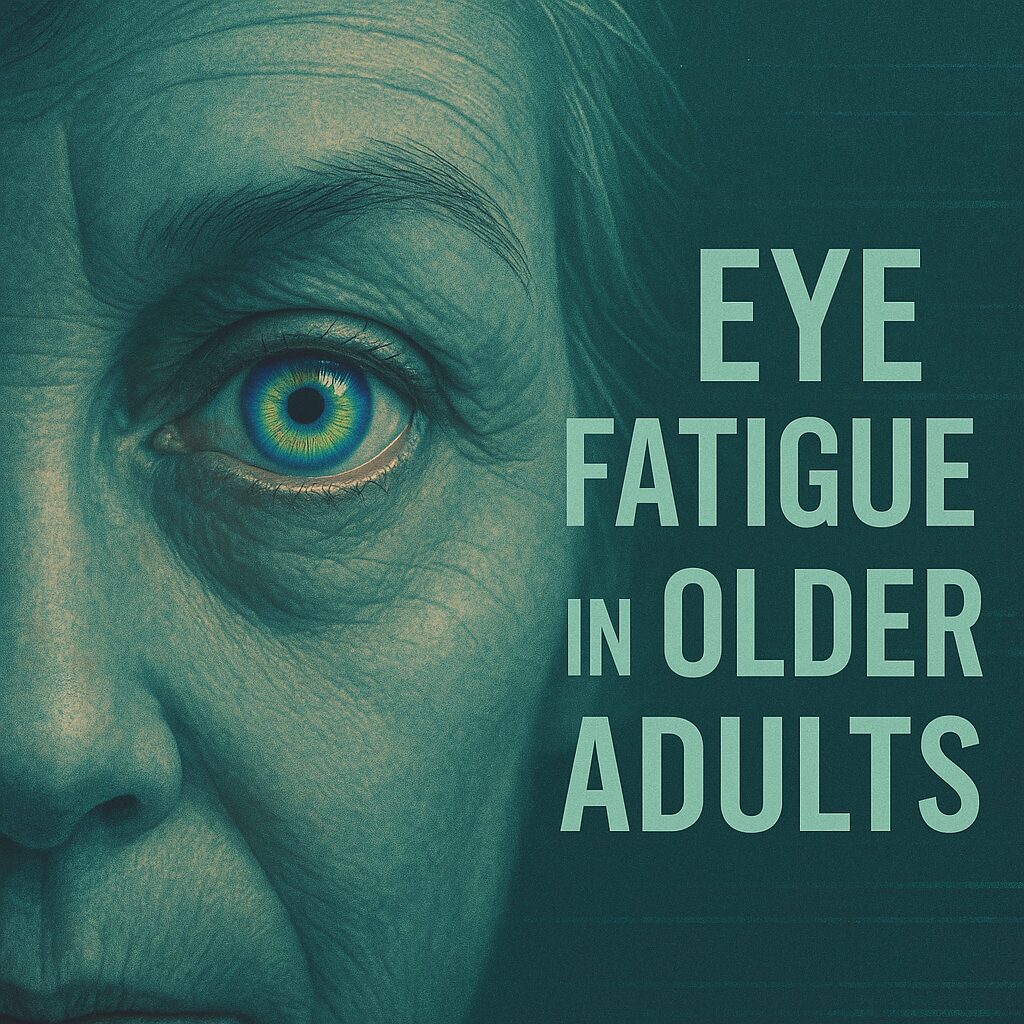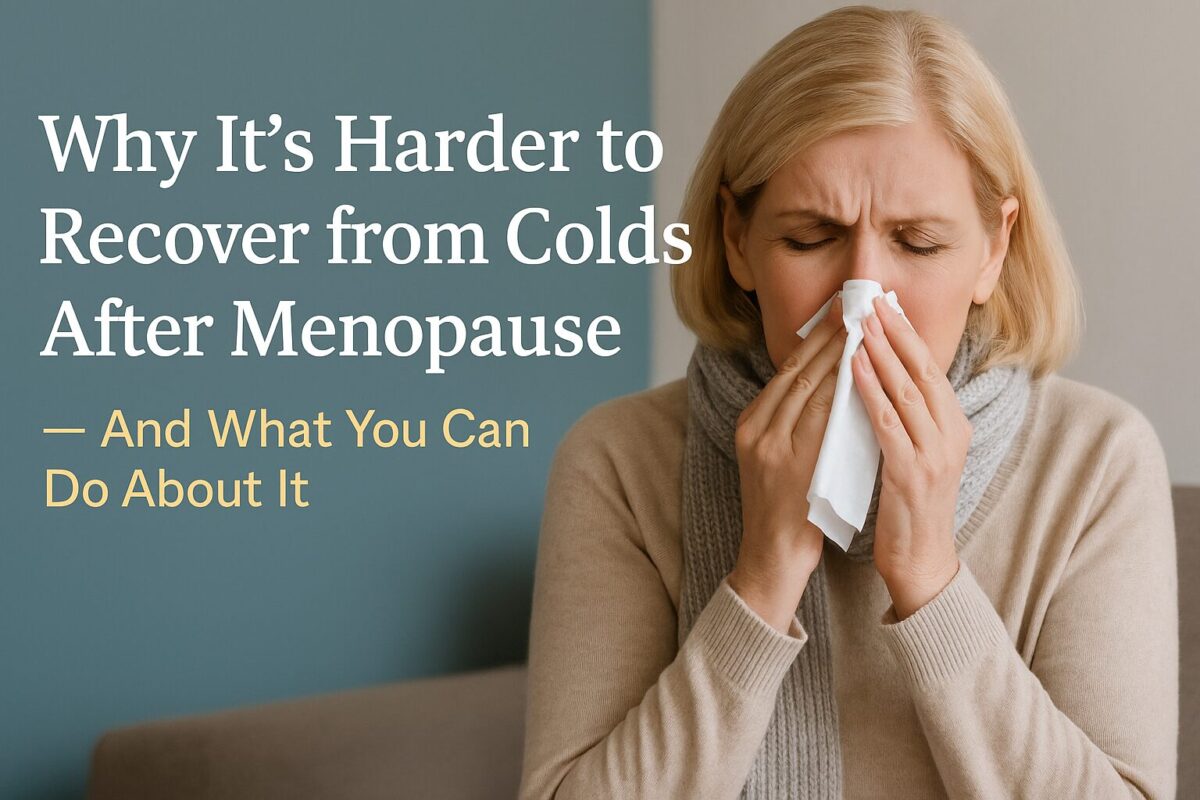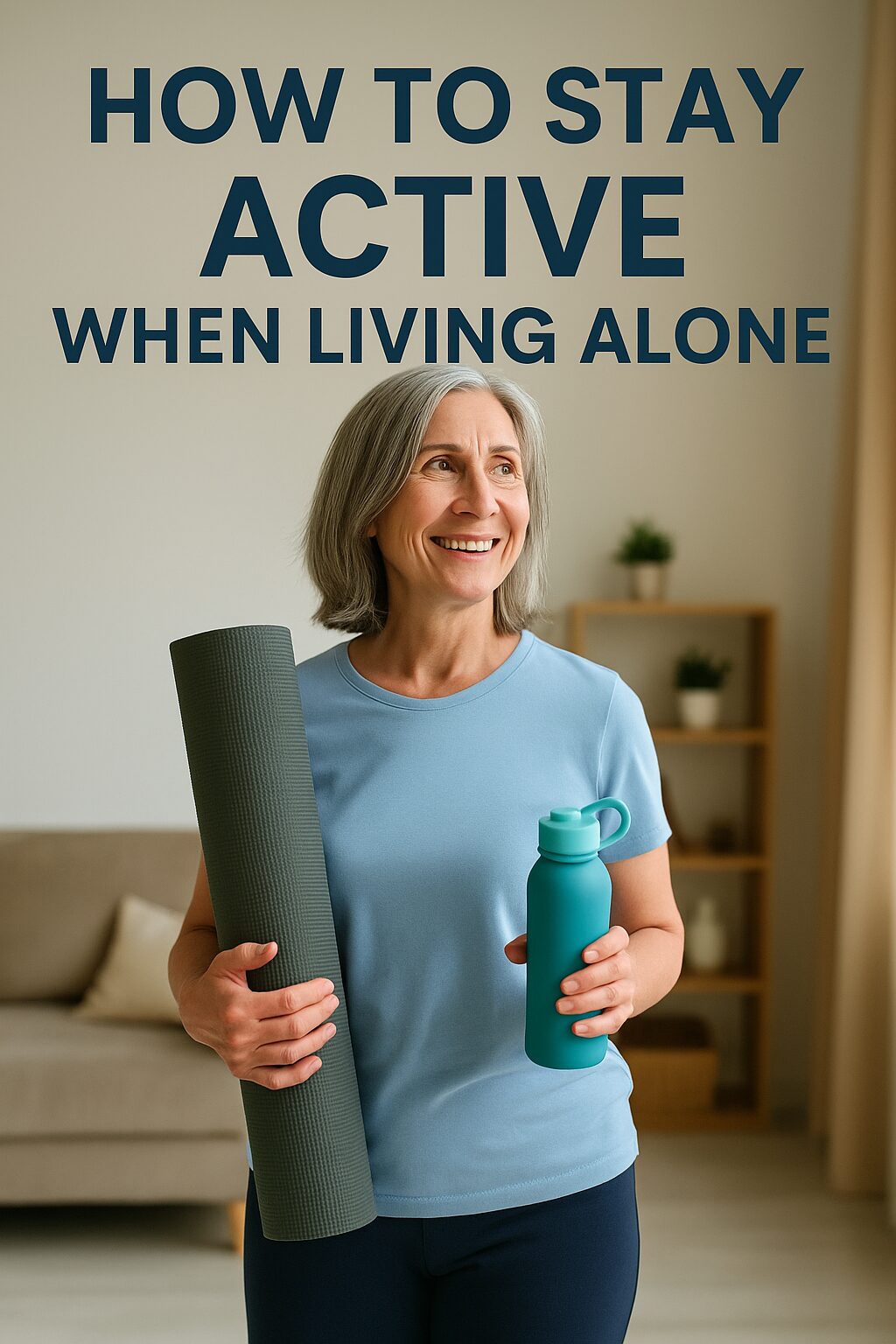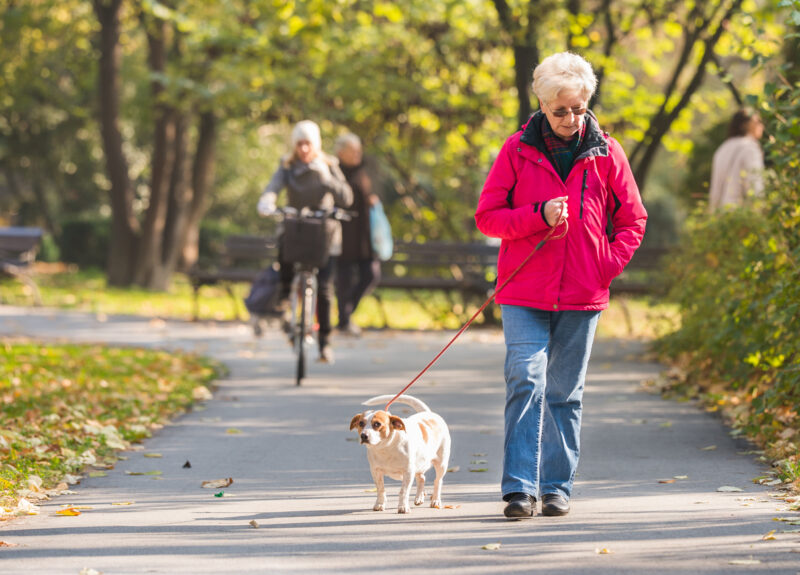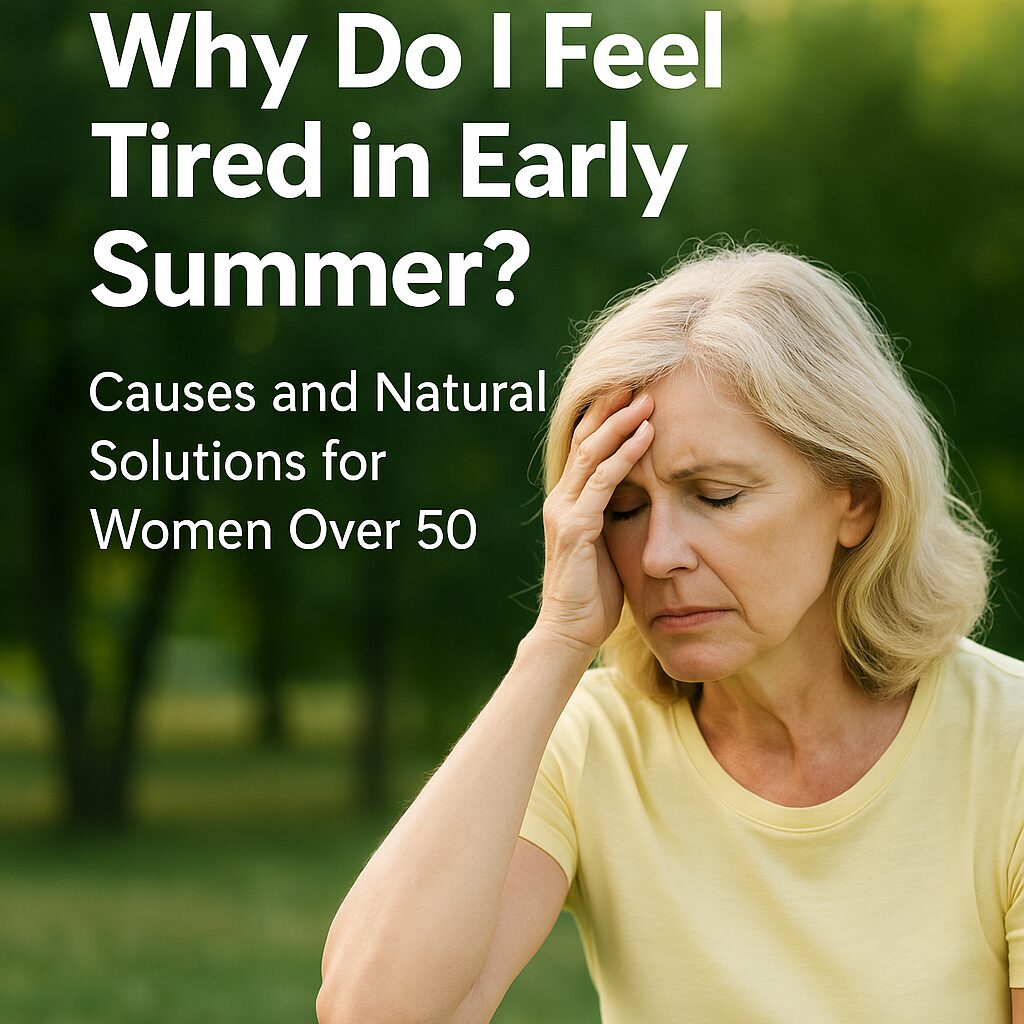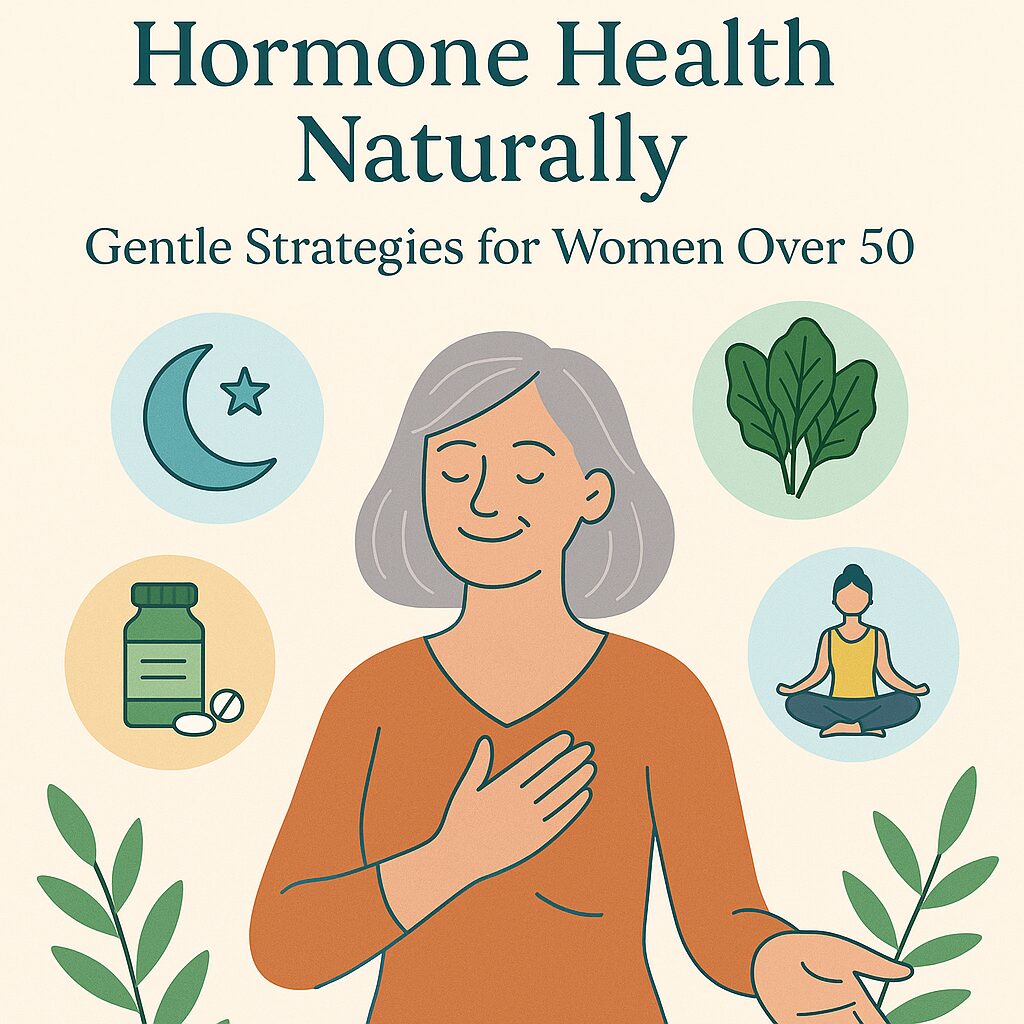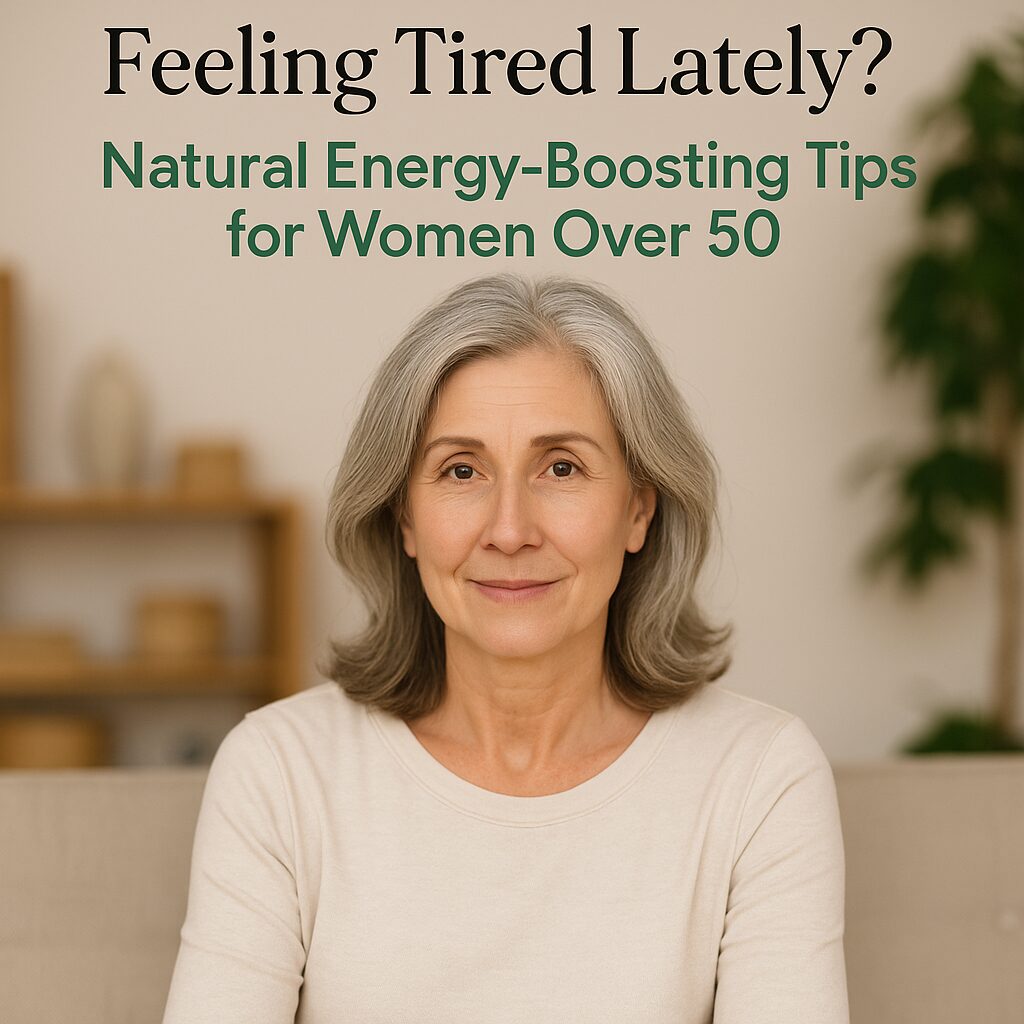As women enter their 50s and beyond, knee pain often becomes an unwelcome companion. Aging joints, hormonal changes, and gradual weight gain can all contribute to joint discomfort—especially in the knees. While many resort to painkillers or invasive treatments, natural solutions rooted in Japanese wellness offer powerful, sustainable relief.
Let’s explore how you can ease knee pain naturally after 50 by understanding its causes, managing weight through improved metabolism, and adopting time-tested Japanese health strategies.
Understanding the Root Causes of Knee Pain After 50
Hormonal Shifts and Joint Degeneration
One of the lesser-known causes of knee pain in postmenopausal women is hormonal change. Estrogen plays a key role in maintaining joint flexibility and reducing inflammation. When estrogen levels drop, the body’s ability to preserve cartilage and joint lubrication declines, increasing stiffness and discomfort.
Weight Gain and Increased Stress on Knees
Hormonal decline also slows metabolism, often leading to weight gain—even when diet and activity levels remain the same. This extra weight puts significant pressure on the knees. In fact, for every pound of body weight, your knees experience roughly four pounds of pressure during activity.
Why Losing Excess Weight Matters for Knee Health
The Direct Link Between Weight and Knee Strain
Carrying extra weight exacerbates knee problems. A study by the Arthritis Foundation shows that losing just 10 pounds can relieve up to 40 pounds of pressure on the knees. For older women, this can mean the difference between pain-free movement and chronic discomfort.
How a Faster Metabolism Supports Joint Health
A sluggish metabolism not only contributes to weight gain but also slows down cellular repair, including joint tissue regeneration. Supporting your body’s metabolism is key to both weight control and long-term joint strength. Natural approaches that gently boost hormonal activity can make this process more effective.
Japanese Dietary Wisdom: Anti-Inflammatory and Low-Calorie Eating
Traditional Foods That Protect Your Joints
The traditional Japanese diet offers powerful anti-inflammatory benefits. Dishes often include fermented soy products such as miso and natto, which are rich in isoflavones—plant-based compounds that help mimic estrogen and reduce inflammation. They also contain nutrients that support bone and joint health.
Natural Weight Control Through Balanced Meals
Japanese meals typically emphasize balance: small portions, a variety of food groups, and minimal saturated fats or sugars. Vegetables, seaweed, tofu, and fish dominate the menu, naturally supporting metabolism and weight control. These habits reduce joint strain while delivering essential nutrients.
Why Japanese Women Suffer Less from Menopause-Related Joint Pain
It’s well-documented that Japanese women report fewer menopausal symptoms—including joint pain—than their Western counterparts. Diet is one major factor. Their regular intake of fermented soy not only balances hormones but also supports cardiovascular and bone health, contributing to healthier aging.
For more insights into the anti-inflammatory power of traditional diets, see this overview by Harvard Health.
Boosting Metabolism Naturally with Aglycone Isoflavones
The Science Behind Aglycone Isoflavones
Isoflavones exist in two primary forms: glycoside and aglycone. The aglycone form is more easily absorbed by the body and found in fermented soy foods. It has been shown to activate the body’s internal hormone regulation, especially for estrogen-like activity—which supports metabolism, bone health, and fat distribution.
How Effisoy® Supports Joint and Hormonal Health
Effisoy® is a natural supplement that delivers high-purity aglycone isoflavones derived from fermented soy. It helps restore the body’s hormone-regulating ability, which may have declined with age. By reactivating your own natural estrogen production pathways, Effisoy can support:
-
Improved metabolism
-
Natural weight control
-
Reduced joint inflammation
Unlike synthetic hormone therapy, Effisoy works in harmony with your body, offering a safer and more sustainable option for women over 50.
For scientific research on aglycone isoflavones and their health benefits, visit this study on PubMed.
Lifestyle Tips for Easing Knee Pain Without Medication
Gentle Exercises That Don’t Stress the Knees
Staying active is essential, but high-impact exercises can worsen joint issues. Fortunately, Japan offers simple and effective alternatives like radio taiso—a daily routine of light stretches and movements often performed in parks or at home.
This low-impact exercise helps maintain flexibility and circulation while gently strengthening muscles around the knees.
Other joint-friendly activities include:
-
Water aerobics or swimming
-
Walking on soft trails
-
Tai chi
-
Chair yoga
Long-Term Habits for Lasting Relief
Consistency is key. Even 15–20 minutes of movement daily can improve joint function over time. Combine regular gentle exercise with an anti-inflammatory diet and hormone-supportive supplementation, and you’re well on your way to sustained joint comfort and better overall well-being.
Final Thoughts
Knee pain after 50 doesn’t have to define your life. By understanding the hormonal and metabolic factors behind joint discomfort, and embracing natural approaches rooted in Japanese wellness—such as fermented soy, gentle exercise, and targeted supplements like Effisoy®—you can ease pain and regain control of your mobility.
Nature has given us tools to age with strength. Use them wisely, and your knees will thank you.
Take the benefit of fermented isoflavone of Miso through our supplement
The key ingredient in miso soup, which Japanese people consume daily, is miso (fermented soybean paste). It not only provides plant-based protein but also contains isoflavones that are broken down through fermentation. These isoflavones help regulate hormone balance and are known to offer various health benefits.
Juveriente®’s Effisoy, launched in 2016, based on fermented soy bean germ extract has been loved as a natural menopause relief since its launching in 2016.
Its primary function is to boost the weakened synthesis of a hormone precursor, DHEA. It helps the precursor, DHEA. Rebalancing the precursor will eventually recover your hormones in line with your natural balance. It will help you refresh your various functions for your beauty.
Here are some of the real product reviews in our Amazon shop.
“Restful sleep finally!!”, “I Am Now Free of Hot Flashes!!”, “Lifesaver”



